Can Chickens Find Their Way Home?
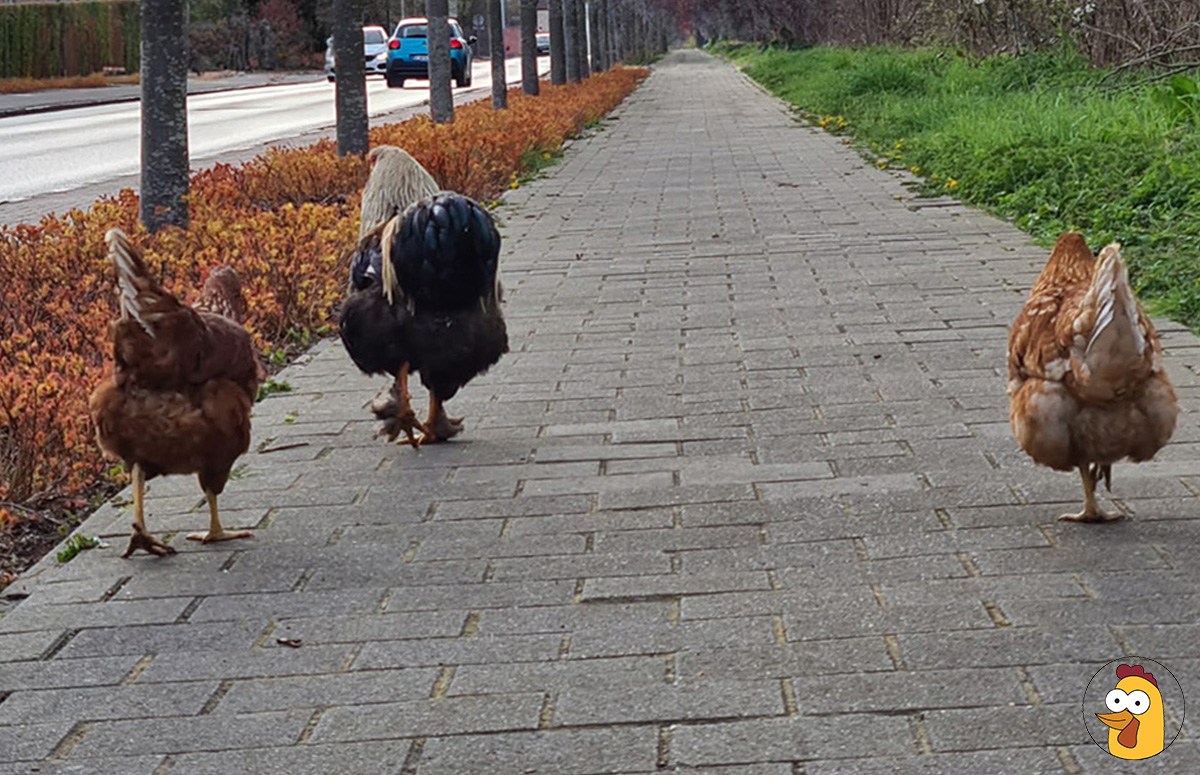
Chickens are curious animals, and they can be quite the escape artists. They’ll fly or jump over the fencing and wander off to wherever the day takes them.
Let’s find out whether chickens find their way back home. And how do they do that?
Can chickens find their way home?
Absolutely! Chickens may wander off or even pull a Houdini on us, but they generally make it back by dusk. They’re smarter than we give them credit and remember their way home to roost as the sun sets.
However, there is a catch. Your chickens need to have spent enough time in and around the coop to recognize it as their home.
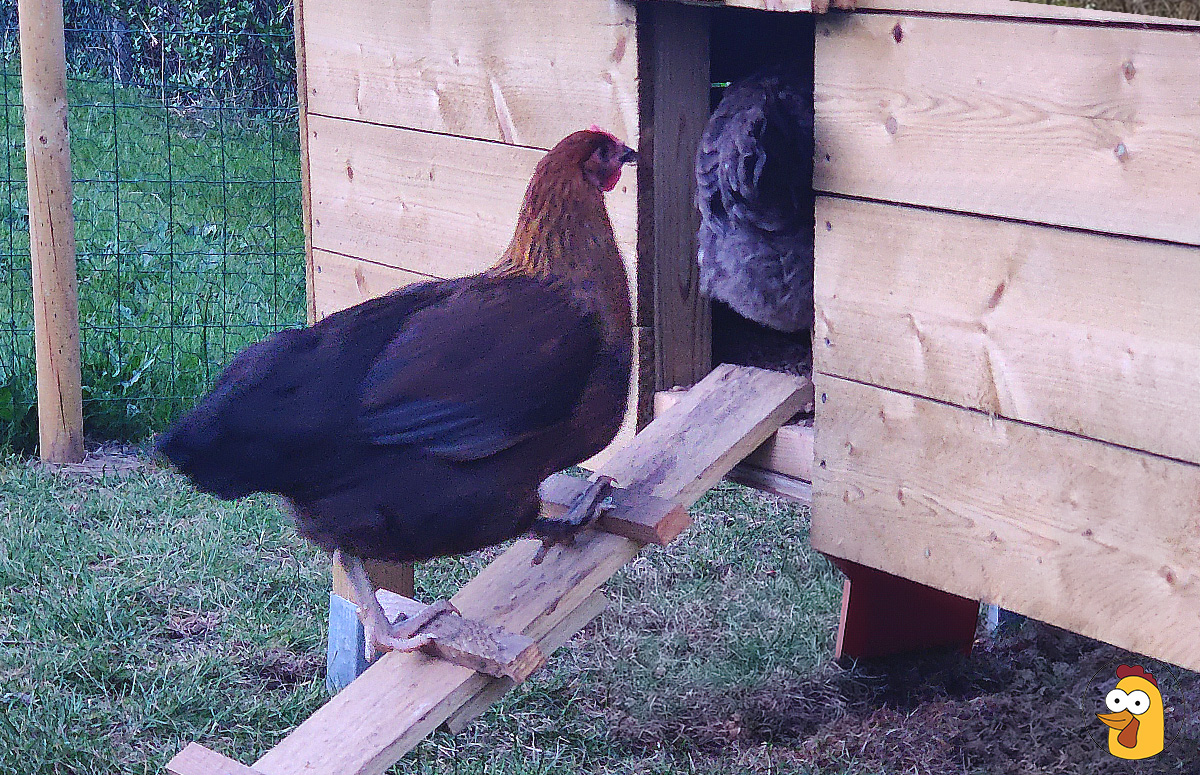
They must associate this place with safety, food, and shelter. This is crucial, as newly bought chickens might not be able to find their way back to the coop. They simply don’t see it as their home yet.
That’s why you should keep new chickens and chicks inside an enclosed run for a few days before letting them free-range.
Chicks can start free-ranging outdoors at 8 weeks old, as long as the weather cooperates. If you have younger chicks, like these 6-week-olds, they can enjoy the outdoors on a good weather day too, but it’s safest to keep them in an enclosed run.
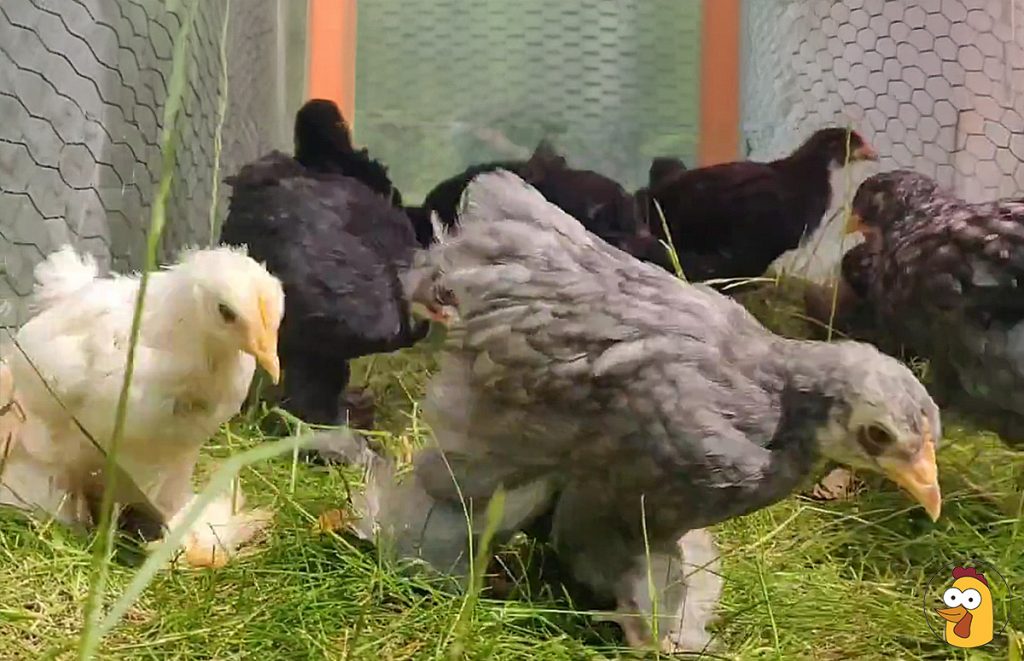
How Do chickens find their way home?
Like migratory birds, domesticated chickens also have a magnetic compass to find their way back home. They use the earth’s magnetic field to orientate.
Several studies have been done to prove the existence of this magnetic compass in domesticated chickens. This proves the important role of this mechanism in a bird’s daily navigational task.
How far do chickens roam?
Not very far. Most chickens won’t go further than 200 yards from their coop, especially if there is plenty to eat and drink in the area. However, chicken owners with large plots of land have seen their chickens use up the entire space, especially during winter, when there are fewer bugs to find.
On the other hand, chickens are prey animals and always keep their guard up so they won’t wander off where they don’t feel safe.
As long as they feel secure and safe, they’ll use the entire area for free-ranging.
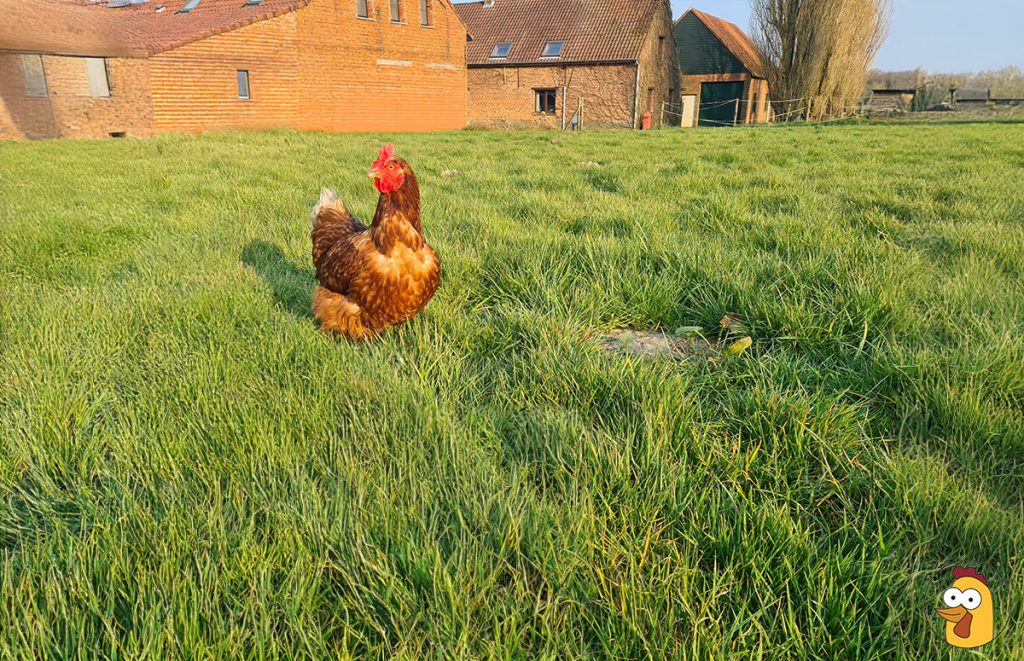
Reasons why your chicken is not returning home
Like all pets, you don’t immediately need to worry when your chicken isn’t returning home. The reason why could be pretty innocent, but it can also be a sign of sickness or a predator attack.
If you are worried, search the surrounding area of the chicken coop first. It’s not unusual for a chicken to hide in a less obvious place but close to the coop.
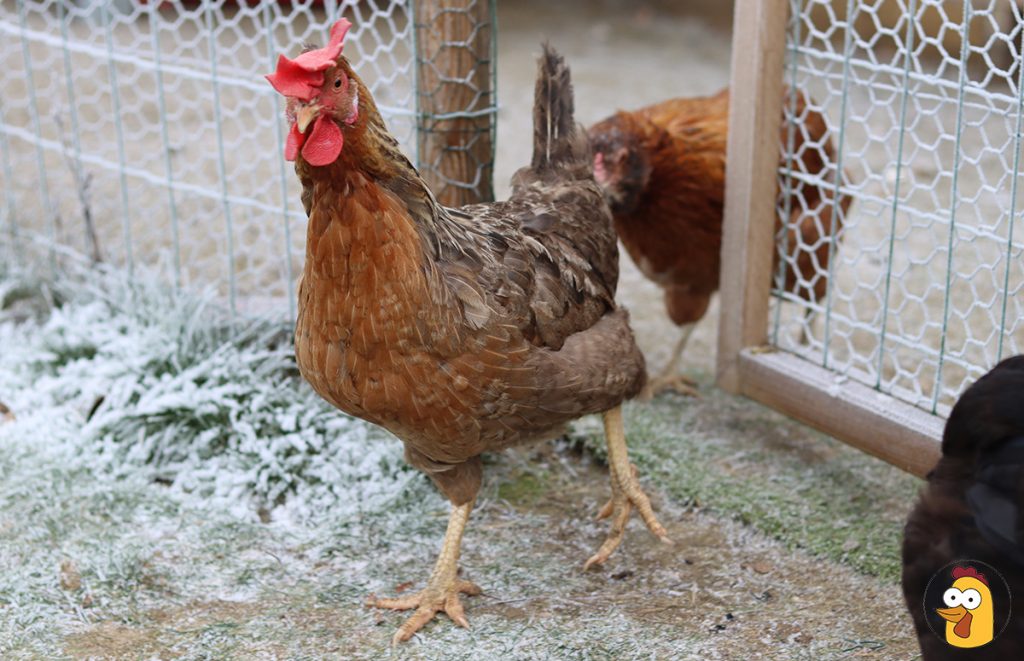
If she can’t be found within a few feet of the coop, alert the neighbors to keep an eye out.
You can also try to look for her yourself; however, this won’t be easy. There are several reasons why your chicken isn’t returning home; we’ll address the most common.
Injury
When your chicken is wounded or injured, chances are she cannot return home.
Predator attack
Chickens free range or wander off as they please, and it’s nothing to worry about if you have the space for it. But be aware that chickens are much safer inside the run, even in the daytime.
Many daytime predators, like the neighbor’s dog, snakes, or birds of prey, are a treat for your flock. Free-ranging your chickens has its benefits but is not always the safest.
Broodiness
If your hens are frequently free-range, they’ll likely lay their eggs anywhere. And when one hen gets broody while free-ranging, she’ll stay on the eggs no matter what.
She won’t join the rest of the flock at dusk to return to the coop but sits on the eggs until they hatch or if the eggs aren’t fertilized until the broodiness stops.
You can try to find her if you know where the hens lay their eggs. But otherwise, it’s easier to find a needle in a haystack.
Just be patient; she’ll return after around 21 days with her chicks.
Conclusion
Chickens are curious animals and can wander off when looking for food. But they return home at dusk to roost.
Like migratory birds, chickens use the earth’s magnetic field to find their way back home. If your chicken isn’t returning home after a day of free-ranging, several problems may have occurred, like broodiness, a predator attack, or an injury.






















